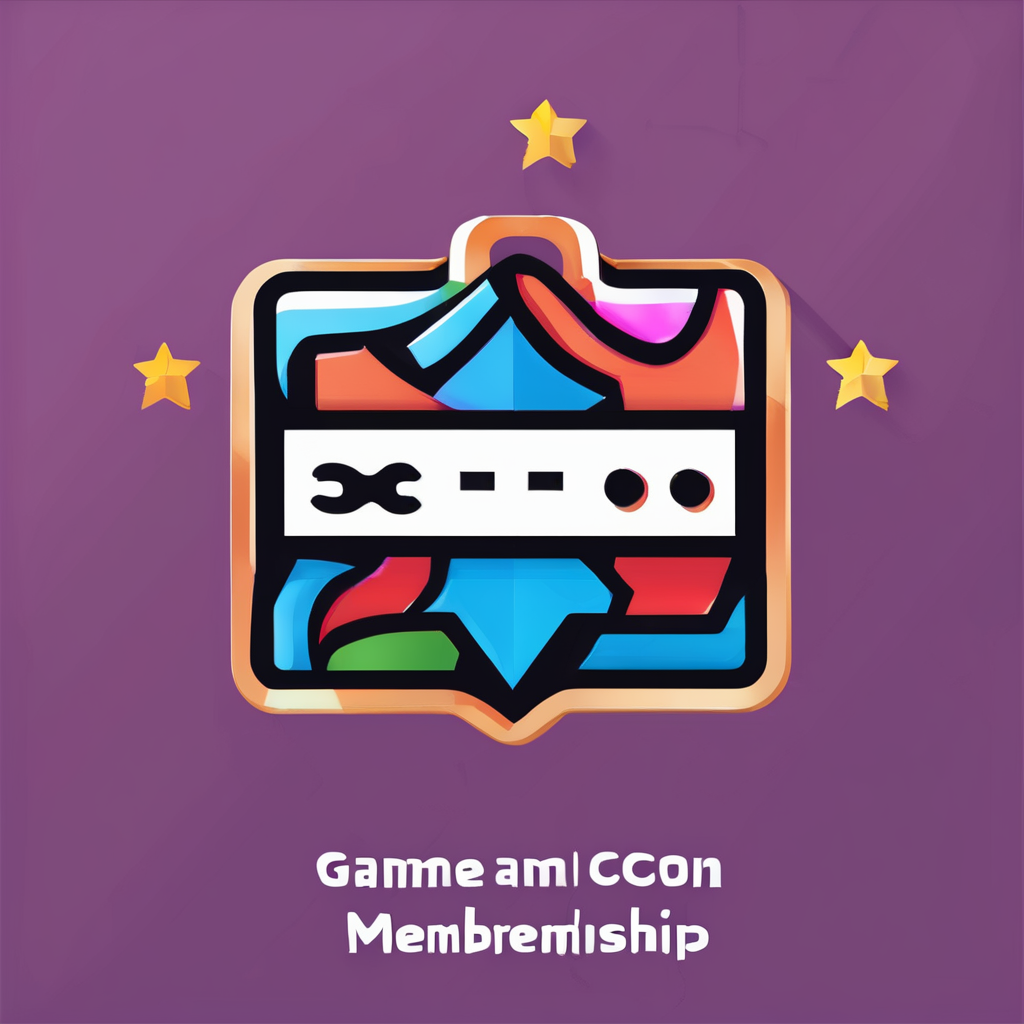Overview of the Impact of Mobile Apps on Equestrian Riders’ Mental Health
Equestrian riders face unique mental health challenges. The equestrian community has seen an increase in technology usage over recent years. Mobile apps for mental health have become especially relevant. These apps provide various tools for managing stress, anxiety, and emotional wellness.
Current mental health issues for equestrian riders include competition stress, fear of injury, and pressure to perform. Many riders experience isolation and burnout, further exacerbating these problems. As such, apps designed with a focus on wellness and emotional support are becoming more significant.
Also to read : Mastering Conditioning for Competitive Fencers: The Ultimate Expert Guide for Peak Performance
With the rise of technology, these users increasingly rely on apps to maintain their mental wellness. Recent key statistics suggest that a substantial portion of riders utilise mobile apps for health purposes. These apps often include features such as mindfulness exercises, mood tracking, and meditation guides.
By understanding and using these apps, riders can connect with a supportive community and professional help, crucial for maintaining mental balance. This shift shows not only the growing impact of apps but also a changing acceptance of mental health support in sporting cultures. Mobile apps are making strides in equestrian mental health support, bridging gaps in traditional resource access.
Have you seen this : Revolutionizing Hurdling: Real-Time Biomechanical Feedback Boosts Performance and Accuracy for Track Athletes
Features of Effective Mobile Apps for Rider Mental Health
To truly enhance rider wellness, mental health apps must offer specific features designed for equestrian riders. Among these essentials, tracking capabilities play a crucial role. Riders benefit from apps that monitor stress levels, anxiety patterns, and general wellness over time. This data provides insights into personal mental health trends, allowing riders to understand their emotional states better.
Another indispensable feature is journaling, allowing users to document their thoughts and experiences. It acts as a reflective practice, helping riders process daily challenges. Journaling helps bridge the gap between conscious experiences and subconscious reflections.
Furthermore, community support functionalities can influence user engagement. Apps that include forums or chat options for peer interactions create avenues for shared experiences and support. These networks can be foundational in reducing feelings of isolation often faced in the equestrian world.
Finally, the user experience itself significantly impacts app effectiveness. A seamless, intuitive interface encourages frequent use and long-term engagement. Riders are more likely to integrate app sessions into their routines if the apps are straightforward, with compelling design elements that facilitate ease of use. As a result, these features collectively enhance rider wellness, fostering better mental health outcomes in equestrian settings.
Case Studies Highlighting App Effectiveness
Exploring case studies sheds light on how mobile apps significantly impact equestrian riders’ mental health. These examples provide evidence of effectiveness, demonstrating how technology transforms mental wellness routines.
Case Study: The Success of [Specific App Name]
In one noteworthy case study, [Specific App Name] emerged as a frontrunner in supporting equestrian riders. By incorporating features like mindfulness exercises and emotional tracking, this app has shown considerable promise. Riders reported a marked decrease in anxiety levels and an enhancement in overall mental clarity.
Comparative Study of Mental Health Outcomes Before and After App Usage
A comparative study evaluating riders’ mental health before and after app usage indicated positive shifts. It highlighted reduced stress, increased emotional awareness, and improved coping mechanisms. Contextually, this implies that engaging consistently with app tools can yield substantial benefits for riders.
Rider Testimonials on Mobile App Impact
Rider testimonials further validate app effectiveness. Users frequently express surprise at the simplicity of integrations that offer profound mental health support. A rider shared their experience, citing reduced competition stress as a direct outcome of consistent app use. These personalised narratives reinforce the value of apps, encouraging broader adoption in the equestrian community.
Expert Opinions on Mobile Apps and Mental Health
Exploring expert opinions provides valuable insights into the intersection of technology and mental wellness within the equestrian sector. Psychologists emphasise the potential of mobile apps in offering mental health support. An expert commented, “When structured app use is combined with traditional mental health practices, it can significantly enhance overall well-being.” This perspective underscores the complementary role apps can play in riders’ mental health routines.
Research findings demonstrate that regular interaction with mobile apps can increase emotional awareness and resilience among riders. A study revealed that consistent app usage improved stress management skills in equestrian athletes by 30%. These findings highlight the efficacy of structured engagement with digital tools.
Looking to the future, experts predict an evolution in app design focused on more personalised mental health support for riders. They foresee advancements that will allow apps to better cater to individual needs, potentially integrating AI for predictive support strategies. Such developments are likely to make mobile apps even more pivotal in the equestrian mental health landscape.
In sum, professional insights affirm the positive trajectory of app impact, advocating for a balanced approach incorporating both digital solutions and traditional support frameworks.
Challenges Faced by Equestrian Riders
Equestrian riders encounter distinct psychological challenges unique to their sport. Among these are competition stress, the constant worry about injuries, and the persistent pressure to consistently perform well. Unlike other sports, these challenges often manifest in isolation, creating significant mental health barriers.
Accessing mental health resources within the equestrian community can be daunting. The nature of the sport often means riders train and compete in relative solitude, which exacerbates feelings of loneliness and emotional fatigue. Unlike urban sports infrastructures, equestrian facilities might lack immediate access to professional support, creating additional hurdles.
The stigma associated with seeking help remains prominent in sports culture, particularly in equestrian circles. Admitting a need for mental health support might be perceived as a weakness, leading many riders to forego seeking help altogether. This cultural perspective can make it difficult to introduce or promote mental wellness tools effectively.
To address these issues, fostering an environment of support and acceptance is crucial. Overcoming the psychological barriers requires both technological solutions and traditional support systems. Equestrian communities can benefit from greater awareness and acceptance, encouraging more riders to pursue the mental health resources they need and deserve.
Balancing Technology and Traditional Support Systems
Incorporating technology with traditional support systems is vital for comprehensive mental wellness among equestrian riders. While mobile apps offer accessibility and personalised support, they are most effective when supplemented by conventional mental health services. Riders can benefit from a hybrid approach, leveraging the tools provided by apps for real-time tracking and connecting with therapists for deeper emotional exploration.
Strategies to balance the two involve scheduling regular in-person counselling alongside app usage. This routine ensures that digital tools enhance, rather than replace, professional advice. Implementing structured routines that integrate both app activities and face-to-face interactions can significantly improve mental health outcomes.
A supportive community also plays a critical role in equestrian mental well-being. Engaging with local and online support networks can provide camaraderie and shared experiences, crucial for tackling the isolation often experienced in this sport. Equestrian communities should actively promote the benefits of both digital and personal support systems.
For optimal results, riders should embrace both innovative technology and time-tested traditional methods, fostering a holistic approach to their mental well-being. This balanced strategy empowers riders to navigate their unique challenges more effectively, achieving sustained mental health improvement.





